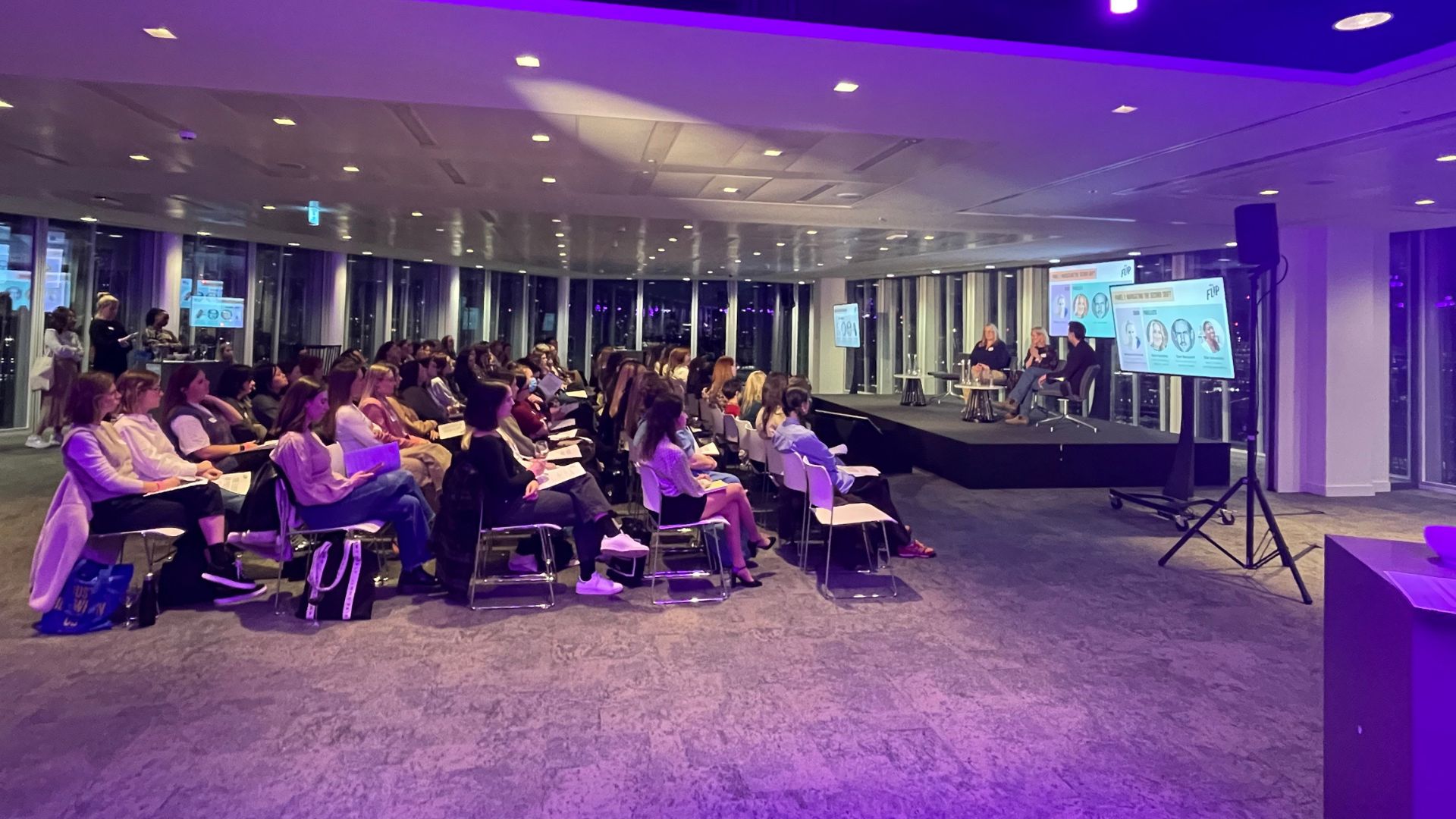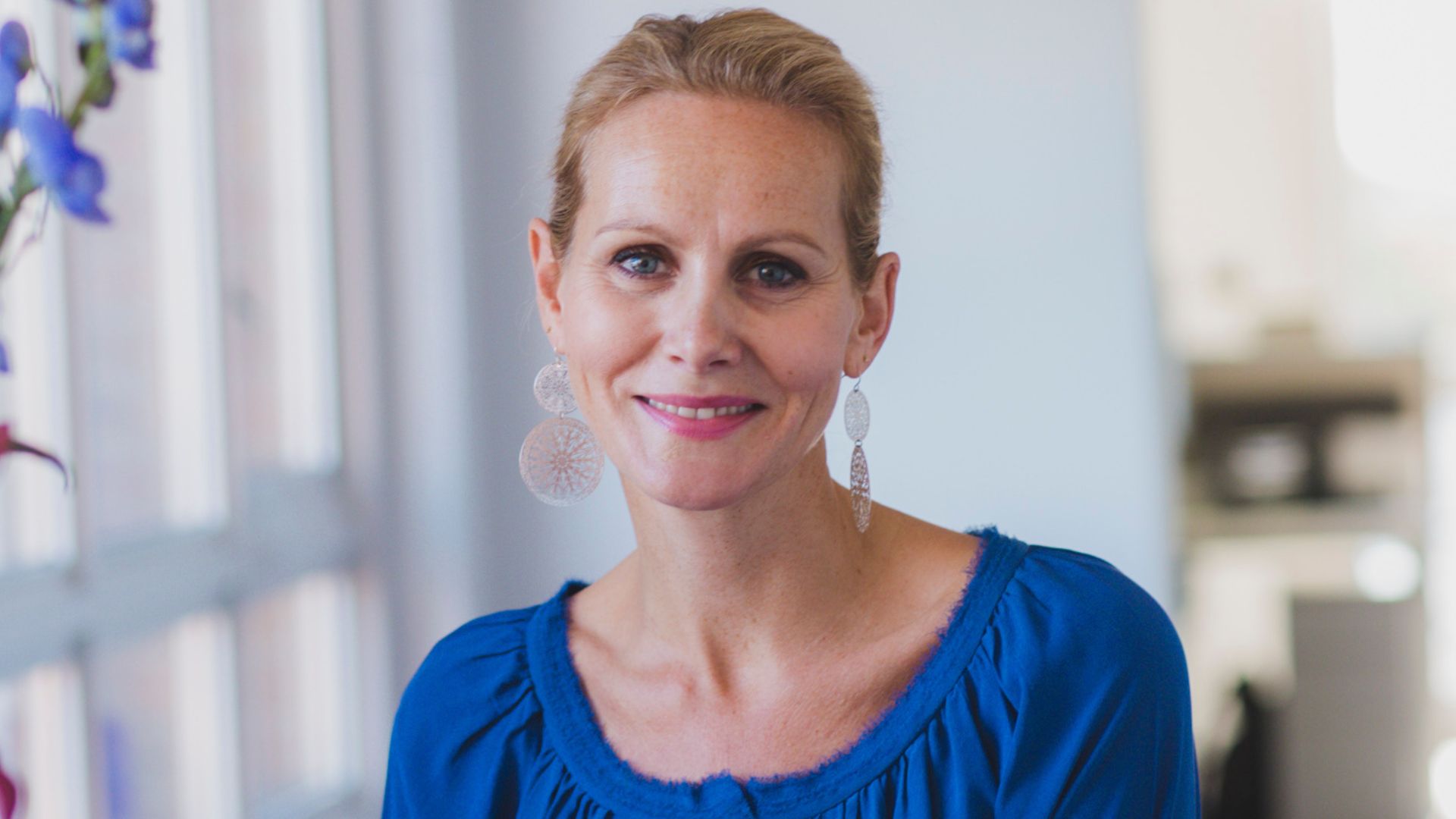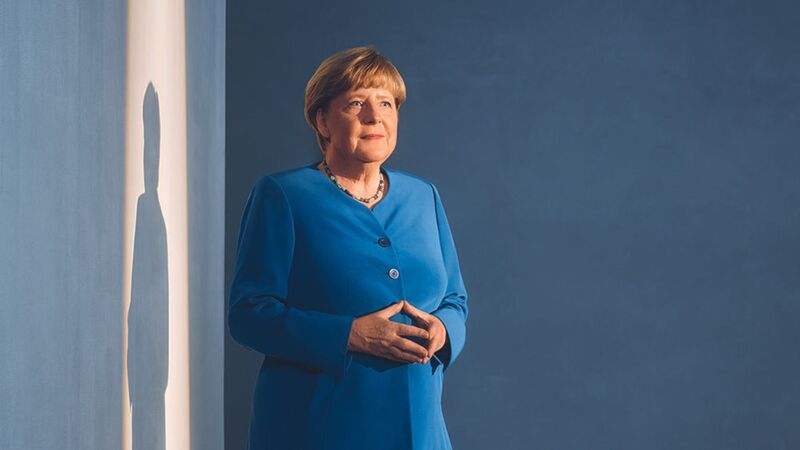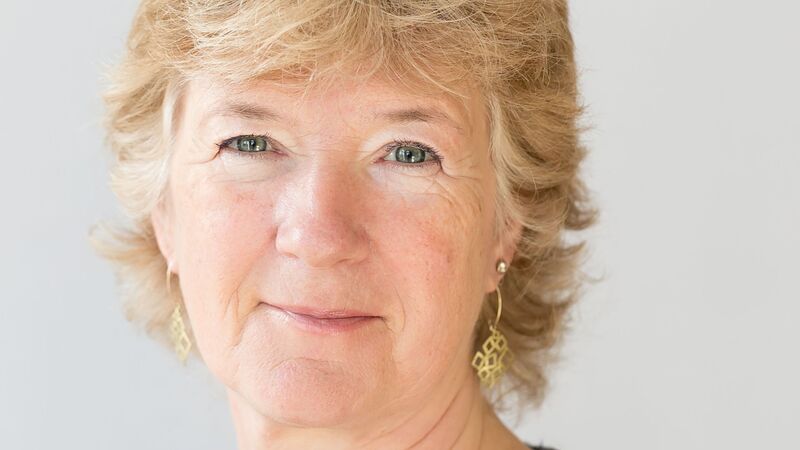You are viewing your 1 free article this month. Login to read more articles.
New research from The FLIP finds that while 77% of staffers enjoy work most have experienced burnout
Almost 60% of publishing staffers feel their salaries cannot cover their living costs, while 97% have experienced burnout, according to a survey by Female Leadership in Publishing (The FLIP). More than three quarters of respondents reported enjoying their work, however.
The “temperature check” workforce survey of 749 respondents, run in collaboration with The Bookseller and the Women’s Prize Trust, reflected concerns around fair pay and transparency, meaningful representation across all levels, under-represented backgrounds experiencing more unsustainable workloads, as well as parental leave and achieving a work-life balance.
The report was launched last night (27th March) at a sold-out event at the News UK building in London, "The FLIPside of Publishing", which was also The FLIP’s first ever event. More than 150 publishing professionals gathered to hear the survey results as well as key issues discussed further in panel sessions featuring Rebecca Sinclair, chief brand officer at Penguin Random House, and Bloomsbury’s senior marketing manager Akua Boateng, among others.
Money emerged as a significant concern in the survey. Overall, 58% of respondents disagreed or strongly disagreed that their salaries alone could cover their living costs, with the percentage rising to more than two-thirds (68%) of those with additional caring responsibilities and three-quarters (76%) of those working part-time. Only around a quarter (24%) of respondents reporting a disability thought that their salary was fair and only 7% of respondents earning between £15,000 to £25,000 agreed that their salaries could cover their living costs.
An editorial assistant said: “It costs our industry a lot more to constantly recruit and train new employees than if we held on to our well-trained employees by better meeting their salary needs. In addition, salary ranges and salary rises need to be transparent and fair, with clear criteria and regular opportunities for employees to be awarded raises that pay them fairly for their work and time at the company.”
In terms of workload, the data suggested under-represented communities suffer disproportionately. On average, 48% of minority ethnic respondents disagreed that their workloads were balanced and sustainable, compared with 39% of White British/Irish respondents.
Strikingly, 97% of respondents admitted to having experienced burnout, with 42% saying it happened "often" or "always". Additionally, women, who made up 92% of respondents, were around 50% more likely than men to report having experienced burnout, with 43% of women answering "always" or "often" experiencing burnout in their role versus 29% of men (who made up 4% of respondents).
Those who reported the least sustainable workloads and that they experienced burnout the most regularly were those in author and customer-facing roles, such as publicity, rights and agenting.
In terms of job satisfaction, audio and digital teams came out top with all respondents working in this area reporting "often" or "always" enjoying their job. Those working in IT, operations and central group functions reported the opposite.
One marketer wrote: "With the current economic climate, it has meant increased pressure for businesses to do well and staff to overperform across the board and this has resulted in burnout. This has led to high turnover, which then relies on the remaining staff to cover. It’s becoming increasingly difficult to enjoy doing your job since the Covid boom and workload. I would love to see this improved, particularly for the retention of diverse employees.”
The FLIP also said it “overwhelmingly received feedback that they wished more [in the survey] had been asked about parental leave” which led to a panel specifically on this at the report launch, chaired by Sinclair.
In terms of demographics, the majority of respondents were white and female, over half (54%) are in the first 10 years of publishing and 29% of respondents are from an ethnic minority background.
The FLIP co-directors said: “Overall, 749 people represents approximately 2.6% of the UK publishing workforce (Publishers Association). While the data pool represents a mix of characteristics and backgrounds, the majority of respondents were white and female. We recognise that each individual’s experience is not a monolith, nor do they epitomise the intersectionalities they identify with, but our hope is that by gathering data from across the industry and reporting on trends, we are able to offer an insight into how to make working in publishing better for everyone.”
Co-director Yanmin Zhuchen-Mander said: “We are so incredibly grateful for the response we got for this first survey, and especially for all the honesty and insight from so many of our colleagues across the industry.
“However, it’s clear that there are areas of improvement across the whole industry, with pay being the primary topic raised, both in terms of a desire to see it increased to reflect the rising cost of living and for greater transparency internally and externally. Additionally, it’s clear from the research that the provisions in place in most workplaces are not enough to ensure the long-term mental well-being of under-represented communities, such as those with disabilities and trans and non-binary people, and anyone with additional commitments, such as those with parental and/or caring responsibilities.
“What we’ve gathered is that individual manager discretion can make the immediate team culture feel more supportive and positive, but ultimately more needs to be done to ensure we retain and empower the diversity of the workforce we hire at entry level right the way up to senior boards.”
Read the full report here.






















